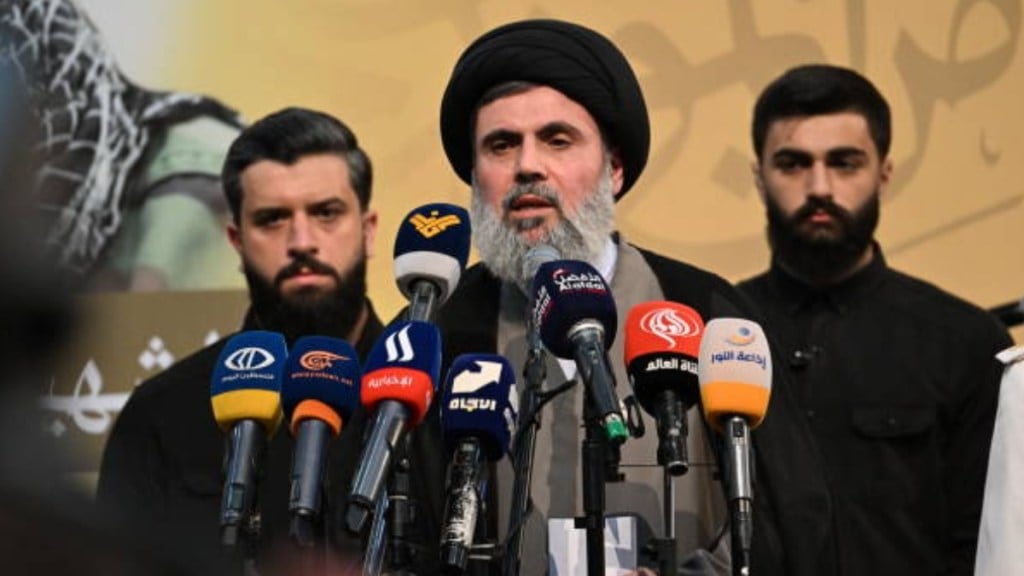Israel announced on Tuesday that Hashem Safieddine, a senior leader of Hezbollah and likely successor to the group’s former chief, Hassan Nasrallah, was killed in an airstrike in Beirut’s southern suburbs three weeks ago. This marks the first official confirmation from Israel regarding the operation. Prior to this, Israeli sources had suggested that Safieddine had likely been eliminated, but Hezbollah has not yet commented on the latest news.
Lieutenant General Herzi Halevi, the chief of the Israeli army, stated that the military’s focus is on dismantling Hezbollah’s leadership. He asserted, “We have reached Nasrallah, his replacement, and most of Hezbollah’s senior leadership. We will reach anyone who threatens the security of Israel’s civilians.”
Following a year marked by border clashes, Israel has intensified its military actions against Hezbollah in Lebanon. Hezbollah, regarded as Iran’s most significant proxy in the region, has been supporting Palestinian militants in Gaza and has suffered substantial losses due to Israeli airstrikes targeting high-ranking commanders.
Safieddine’s role in Hezbollah
Safieddine, a relative of Nasrallah, played critical roles in both the military and organizational frameworks of Hezbollah and was influential in its financial and administrative matters. Recently, he has become more visible, often representing Nasrallah at public events amid ongoing tensions with Israel.
Ongoing military campaigns
Despite the removal of key Hezbollah figures, including Nasrallah in a September airstrike, Israel has shown no intention of reducing its military operations in Gaza and Lebanon. Diplomatic sources suggest that Israel may be consolidating its military position ahead of the US presidential election on November 5, which features Vice President Kamala Harris against former President Donald Trump.
US diplomatic engagements
US Secretary of State Antony Blinken, on his 11th visit to the region since the outbreak of the Gaza conflict, met with Israeli Prime Minister Benjamin Netanyahu. Blinken urged Netanyahu to use the recent killing of Hamas leader Yahya Sinwar as leverage to negotiate the release of hostages taken during the October 7 attack and to work towards ending the war in Gaza.

